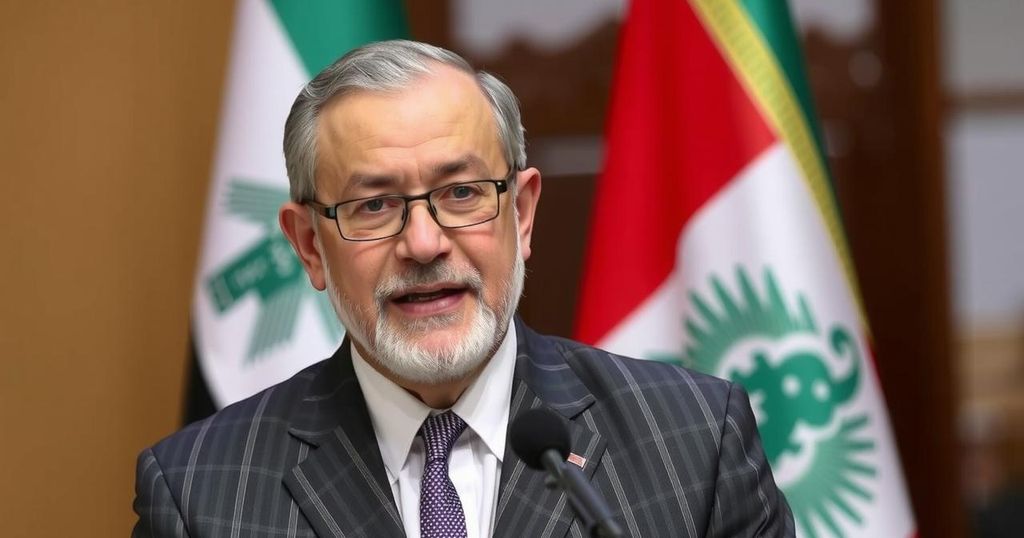Syria’s new leader, Ahmed al-Sharaa, has pledged not to negatively interfere in Lebanon, signaling a potential change in Syrian foreign policy. His commitment was made during a meeting with Lebanese Druze leaders and followed diplomatic engagements with Turkey and Saudi Arabia. Sharaa emphasized respect for Lebanon’s sovereignty, acknowledging past tensions while seeking to foster positive relations going forward.
In the wake of his ascension to power, Ahmed al-Sharaa, the new leader of Syria, has made significant gestures towards regional diplomacy and expressed a commitment to positive relations with neighboring Lebanon. During a meeting held recently, Sharaa articulated his intention to refrain from any negative interference in Lebanese affairs, emphasizing respect for Lebanon’s sovereignty, territorial integrity, and stability. This marks a notable shift in Syria’s approach, which has historically included a more domineering presence in Lebanese politics.
Sharaa’s diplomatic outreach has also involved discussions with Turkish Foreign Minister Hakan Fidan, following the support Turkey extended to his Islamist group, Hayat Tahrir al-Sham, in its recent offensive in Damascus. Meanwhile, Saudi Arabia has signaled its willingness to engage with Syria’s new authorities, indicative of shifting regional alliances after years of opposition to the Assad regime.
Sharaa’s meetings, including with Lebanese Druze leaders Walid and Taymur Jumblatt, were characterized by admissions of past conduct, where he acknowledged Syria’s previous role as a “source of fear and anxiety” for Lebanon. Underlining this newfound approach, he stated that Syria would maintain equidistant relations with all factions within Lebanon. The association of Syria with Hezbollah and its history of involvement in Lebanese affairs is now being revisited in light of his assurances.
The article highlights the recent political changes in Syria following the ouster of Bashar al-Assad, specifically focusing on the new leadership of Ahmed al-Sharaa. This transition represents a pivotal moment in the dynamics of Syrian-Lebanese relations, which have historically been fraught with tension due to Syria’s military and political influence in Lebanon. The implications of Sharaa’s promises to respect Lebanese sovereignty are substantial, particularly in the context of Syria’s longstanding role in the region and its alliances with varying factions. Furthermore, the article navigates the complexities of regional politics involving powers like Turkey and Saudi Arabia, which are recalibrating their positions following the leadership change in Syria.
In conclusion, Ahmed al-Sharaa’s early declarations as Syria’s new leader herald a potential shift toward non-interference in Lebanon, striving for improved diplomatic relations and respect for Lebanese sovereignty. The engagement with regional powers such as Turkey and Saudi Arabia demonstrates an evolving landscape in Middle Eastern politics post-Assad. Sharaa’s meetings with prominent Lebanese figures indicate a willingness to redefine Syria’s role in its neighboring country, although skepticism remains given the history of conflict and interference.
Original Source: www.hindustantimes.com







